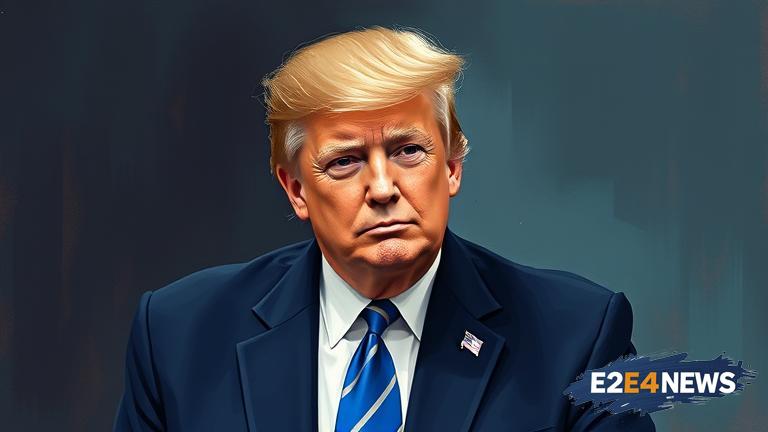In a surprising turn of events, a novel strategy has been unveiled to influence former President Donald Trump’s actions and legacy. Allies of the former president have begun nominating him for the prestigious Nobel Peace Prize, aiming to shape his political decisions and public image. This move is seen as an attempt to sway Trump’s behavior, potentially steering him toward more moderate or diplomatic actions. The nomination process, which is typically reserved for individuals who have made outstanding contributions to peace, has become a tool in the political arena. Trump’s presidency was marked by controversial policies and divisive rhetoric, making this nomination a contentious topic. Supporters argue that the recognition could encourage Trump to adopt more conciliatory stances, while critics view it as a political maneuver to bolster his image. The Nobel Peace Prize has historically been awarded to figures who have demonstrated extraordinary efforts in promoting peace and conflict resolution. If Trump were to receive the nomination, it could significantly impact his political trajectory, influencing his decisions on key issues. This strategy reflects the ongoing efforts by Trump’s allies to maintain his relevance in the political landscape. The move also highlights the broader debate about the role of awards and recognitions in shaping public perception and political agendas. As the nomination process unfolds, it remains to be seen whether this strategy will achieve its intended goals. The development underscores the complex interplay between politics, media, and public opinion in contemporary society. Trump’s response to the nomination has not yet been publicly disclosed, but it is anticipated that he may use it to further his political ambitions. The implications of this strategy extend beyond Trump, potentially setting a precedent for future political maneuvers. The nomination has sparked a wider conversation about the integrity of the Nobel Peace Prize and its susceptibility to political influence. Ultimately, this emerging trend raises questions about the intersection of politics and recognition, and how such strategies may shape the legacy of public figures.
